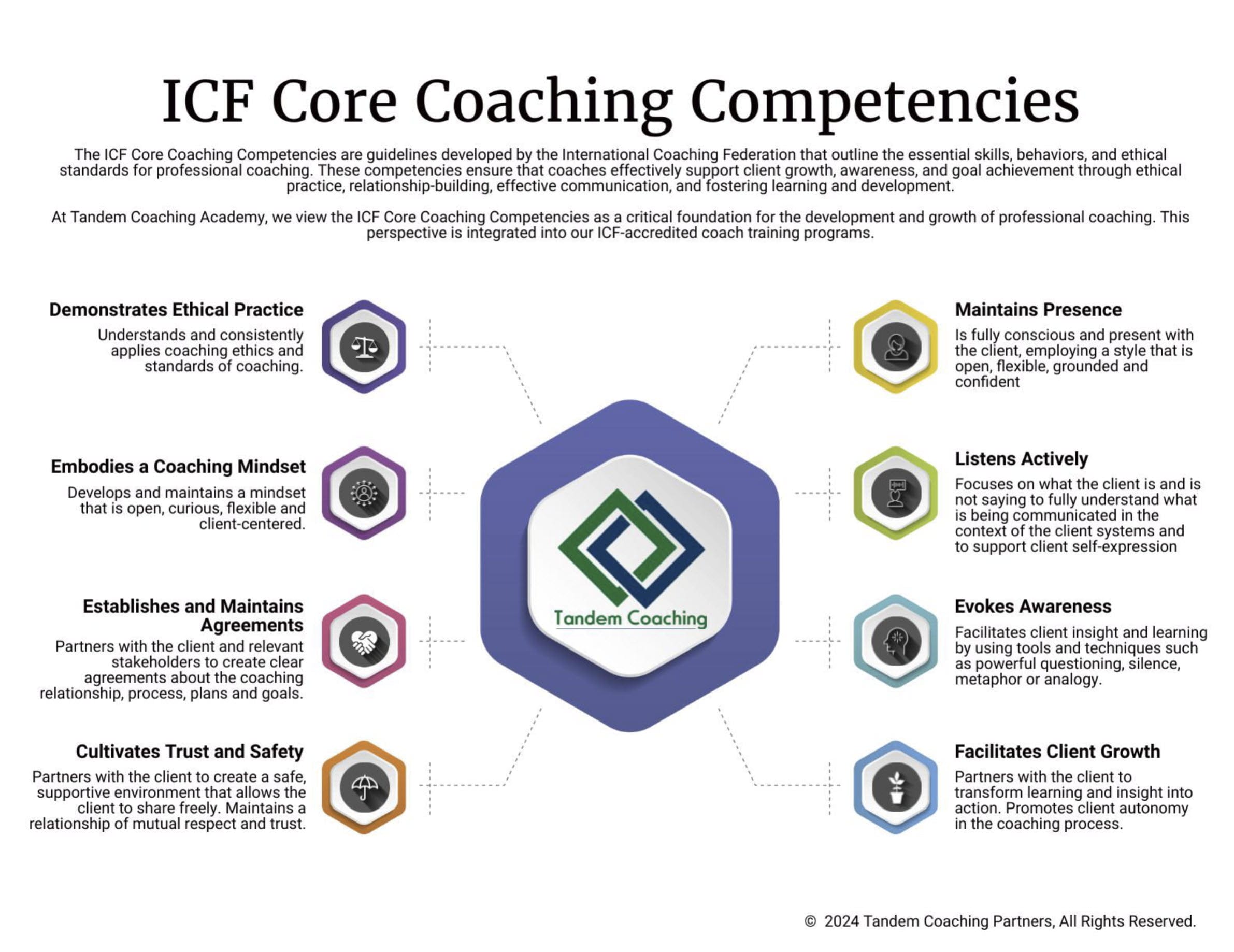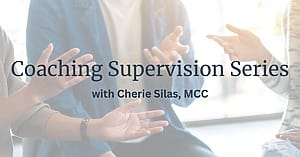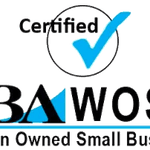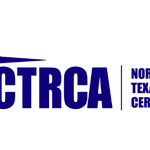“Wait, aren’t all coaches life coaches?”
The question came from my neighbor at a neighborhood barbecue last weekend. When I mentioned I run a coach training academy, she looked genuinely puzzled. “I mean, coaching is coaching, right? You help people with their lives?”
TL;DR: While “life coaching” is the most recognized term, it’s actually just one specialty within the broader coaching profession. 65% of coaches identify as business coaches, focusing on leadership, executive, or organizational development. Life coaching specifically addresses personal development, relationships, and lifestyle changes. Understanding these distinctions helps you choose the right type of coach to work with – or become. All coaching shares core competencies, but each specialty requires unique expertise and serves different client needs.
I get this question more than you’d think. Even at ICF conferences, I meet experienced coaches who struggle to explain the difference between “coaching” as a profession and “life coaching” as a specialty. The confusion is understandable – after all, doesn’t all coaching impact someone’s life?
I’m Cherie Silas, and after training hundreds of coaches across multiple specialties, I’ve learned that this confusion isn’t just semantic. It affects how coaches position themselves, how clients find the right support, and how our entire profession is understood. Today, let’s clear up this confusion once and for all.
The Coaching Umbrella: Bigger Than You Think
When I first started coaching two decades ago, people had two reactions when I told them what I did. Either they’d say, “Oh, like a sports coach?” or they’d assume I was some kind of therapist. Today, most people jump straight to “life coach” – which shows how far we’ve come, but also how much nuance we’ve lost.
Here’s the truth: coaching is a broad profession with many specialties, just like medicine has surgeons, pediatricians, and psychiatrists. Life coaching itself is a very broad term and covers everything from physical wellness to career choices, but it’s still just one branch on a much larger tree.
The Professional Coaching Landscape
According to recent data, the coaching profession breaks down like this:
65% of coaches identify as business coaches (including areas such as leadership coaching, executive coaching, business/organization coaching, and small business coaching). Let that sink in – nearly two-thirds of professional coaches aren’t “life coaches” at all.
Within that business coaching category:
- 30% focus specifically on leadership coaching
- 17% specialize in executive coaching
- Others focus on team coaching, organizational development, or small business coaching
The remaining 35% includes life coaches, but also health coaches, relationship coaches, career coaches, and dozens of other specialties. The firm’s 2023 estimate for life coaching revenue is $1.5B, while its 2023 estimate for business coaching revenue is $15.2B – a tenfold difference that shows where the market demand really lies.
Why This Matters
Understanding these distinctions isn’t academic – it’s practical. When a CEO needs help navigating a merger, they don’t need a life coach. When someone’s struggling with work-life balance and personal relationships, they probably don’t need an executive coach. The wrong match wastes everyone’s time and money.
Life Coaching: The Personal Development Specialty
So what exactly is life coaching? Let me share how I explain it to our students at Tandem.
Life coaching focuses on personal development, life transitions, and achieving personal goals. Simply put, a life coach helps a client define exactly what they want to experience, feel, or achieve in their life that is different from where they are now. It’s broad, which is both its strength and its challenge.
Common Life Coaching Focus Areas
Life coaches typically work with clients on:
Personal Growth and Self-Discovery
- Finding purpose and meaning
- Overcoming limiting beliefs
- Building confidence and self-esteem
- Developing personal values and boundaries
Relationships and Communication
- Improving personal relationships
- Dating and partnership goals
- Family dynamics
- Social skills and connection
Lifestyle and Wellness
- Work-life balance
- Stress management
- Personal organization
- Habit formation
Life Transitions
- Career changes (though not executive development)
- Divorce or relationship endings
- Empty nest syndrome
- Retirement planning
Who Seeks Life Coaching?
In my experience, life coaching clients typically:
- Feel stuck or unfulfilled but can’t pinpoint why
- Want to make changes but need accountability
- Seek personal growth outside of professional contexts
- Value holistic development over specific skill building
One of our graduates, Sandra, specializes in life coaching for women navigating midlife transitions. Her clients aren’t looking to climb the corporate ladder – they’re questioning whether they want to be on that ladder at all. That’s life coaching territory.
Business and Executive Coaching: The Professional Development Specialties
Now let’s talk about the majority of the coaching profession – business-related coaching. This is my primary specialty at Tandem, and it’s fundamentally different from life coaching.
Executive Coaching
Executive coaching focuses specifically on senior leaders and their unique challenges:
Strategic Leadership
- Vision development and communication
- Strategic decision-making
- Change leadership
- Board relationships
Executive Presence
- Leadership style refinement
- Influence and persuasion
- Managing up and across
- Public speaking and media presence
Organizational Impact
- Culture transformation
- Talent development
- Succession planning
- Stakeholder management
Business Coaching
Business coaching serves a broader professional audience:
Performance Enhancement
- Productivity and time management
- Goal achievement systems
- Team effectiveness
- Project management
Career Development
- Professional advancement strategies
- Skill development
- Network building
- Career transitions within business
Entrepreneurial Support
- Business planning and strategy
- Scaling challenges
- Work-life integration for founders
- Decision-making under uncertainty
The Key Difference
Here’s what separates business/executive coaching from life coaching: context and scope. When I work with a CEO on her leadership style, we might touch on personal issues – her confidence, her values, her fears. But everything is viewed through the lens of professional impact.
A life coach might help that same CEO explore why she seeks external validation. An executive coach helps her manage that tendency so it doesn’t undermine her leadership effectiveness. Same issue, different approach, different outcomes.
Specialty Coaching: The Growing Niches
Beyond the life coaching and business coaching divide, specialized niches are proliferating. This evolution represents a paradigm shift towards more innovative and adaptive practices, with coaches developing expertise in increasingly specific areas.
Health and Wellness Coaching
The health coaching industry is a $7 billion industry with around 128,000 health coaches in the US. These coaches focus on:
- Nutrition and eating behaviors
- Exercise motivation and habits
- Chronic disease management
- Stress and sleep optimization
Health coaches work at the intersection of behavior change and physical wellbeing. They’re not nutritionists or personal trainers – they’re behavior change specialists who happen to focus on health.
Relationship Coaching
This specialty covers the entire spectrum of human connection, including:
- Couples coaching (different from couples therapy)
- Dating and relationship readiness
- Communication skills
- Family dynamics coaching
Career Coaching
Distinct from both life coaching and executive coaching, career coaches help with:
- Job search strategies
- Career pivot planning
- Interview preparation
- Professional identity development
Emerging Specialties
The coaching field continues to evolve with new specialties:
- Team coaching (working with intact teams)
- Financial coaching (money mindset and behaviors)
- ADHD coaching (executive function support)
- Grief coaching (life transitions support)
- Digital wellness coaching (technology life balance)
How to Choose Your Coaching Path
Whether you’re looking to hire a coach or become one, understanding these distinctions helps you make better choices.
For Aspiring Coaches
Start with honest self-reflection:
What’s your zone of credibility?
- Your professional background matters
- Life experiences create authentic connection
- Existing expertise provides foundation
Who do you naturally connect with?
- Corporate leaders? (Consider executive coaching)
- Individuals seeking growth? (Consider life coaching)
- People with specific challenges? (Consider specialty coaching)
What transformation excites you?
- Professional success? (Business coaching territory)
- Personal fulfillment? (Life coaching realm)
- Specific outcomes? (Specialty coaching opportunity)
At Tandem, we train coaches across specialties because we know one size doesn’t fit all. Our ACC program provides the foundation, then coaches naturally gravitate toward their authentic specialty.
For Potential Clients
Ask yourself these questions:
What’s the primary challenge?
- Work-related? Seek business/executive coaching
- Personal life? Consider life coaching
- Health/relationships/specific area? Find a specialist
What type of support do you need?
- Strategic guidance? Business coach
- Personal exploration? Life coach
- Behavior change? Specialty coach
What outcomes matter most?
- Professional advancement? Executive coach
- Life satisfaction? Life coach
- Specific goals? Matched specialty
The Training Path: Same Foundation, Different Applications
Here’s what surprises many people: regardless of specialty, all professional coaches need the same foundational training. The ICF core competencies apply whether you’re coaching a CEO or a stay-at-home parent.
Universal Coaching Skills
All coaches must master:
- Establishing coaching agreements
- Active listening
- Powerful questioning
- Creating awareness
- Designing actions
Specialty Development
After mastering fundamentals, coaches develop specialty expertise through:
- Additional training in their niche
- Supervised practice with target clients
- Continuing education in relevant areas
- Mentoring from established specialists
For instance, while all coaches learn about coaching presence, an executive coach develops presence that commands boardroom respect, while a life coach cultivates presence that invites personal vulnerability.
The Integration: When Boundaries Blur
Real life doesn’t fit in neat boxes, and neither does coaching. The best coaches understand their specialty while remaining flexible when clients need integrated support.
Natural Overlaps
Consider these common scenarios:
The Executive Who’s Getting Divorced Their personal crisis affects their leadership. A skilled executive coach acknowledges the life challenge while maintaining focus on professional effectiveness. They might recommend a life coach for personal support while continuing the executive work.
The Life Coaching Client Who Wants Career Change Personal development often leads to professional questions. A life coach can explore values and desires around work, but might refer to a career coach for specific job search strategies.
The Entrepreneur Burning Out They need business strategy AND personal wellness. Some coaches are dual-trained; others create referral partnerships.
The Coaching Ecosystem
In my ideal world, clients would have access to a team of coaches, just like they might have both a primary care physician and specialists. Some of our graduates create coaching collectives where clients can access different expertise as needed.
This ecosystem approach serves clients better than any single coach trying to be everything. It also allows coaches to work in their zone of genius rather than stretching beyond their competence.
Common Misconceptions Cleared Up
Let me address the myths I hear most often:
“Life Coaches Can Coach Anyone on Anything”
Not true. While life coaching is broad, it’s best to focus your marketing on solving just one problem per coaching offer. Even life coaches specialize – midlife transitions, young adult development, relationship readiness, etc.
“Business Coaching Is Just Life Coaching at Work”
Definitely not. Business coaching requires understanding of organizational dynamics, business strategy, and professional development paths. You can’t just apply life coaching principles to business contexts and expect success.
“All Coaching Is Really Life Coaching”
This diminishes the expertise required for specialty coaching. Would you say all medical practice is really general practice? The fundamentals are shared, but the applications require different knowledge, skills, and experience.
“Certification Doesn’t Specify Specialty”
True and false. ICF certification validates your coaching competencies, not your specialty. However, team coaching now has specific certification, and specialties are increasingly recognized through additional credentials.
Making Your Choice: Questions for Reflection
As we wrap up, I want to leave you with some questions. Whether you’re choosing a coach or choosing your coaching path, these will guide you:
For Aspiring Coaches:
- When people seek your advice, what do they ask about?
- Professional challenges? (Business coaching indicator)
- Personal struggles? (Life coaching indicator)
- Specific issues? (Specialty coaching indicator)
- What transformation stories inspire you?
- Corporate success stories?
- Personal breakthrough stories?
- Specific achievement stories?
- Where’s your credibility?
- Professional experience?
- Life experience?
- Specialized knowledge?
For Potential Clients:
- What’s the real challenge beneath the surface?
- Often what seems like a business issue is personal
- Sometimes personal struggles have professional solutions
- Be honest about what you really need
- What does success look like?
- Define your desired outcomes clearly
- Match those outcomes to coaching specialties
- Don’t expect one coach to solve everything
- What type of expertise do you value?
- Industry experience?
- Life experience?
- Specific methodology?
Your Next Step
The beauty of coaching is its diversity. The field of life coaching is as diverse as it is dynamic, and the same is true for all coaching specialties. There’s room for every authentic coach to find their place.
If you’re exploring becoming a coach, don’t let the variety overwhelm you. Start with foundational training – like our ACC program – and let your specialty emerge naturally. Your unique combination of experience, passion, and skill will guide you to your niche.
If you’re seeking a coach, use this understanding to find the right match. Don’t hire a life coach for executive challenges or an executive coach for personal exploration. The right fit makes all the difference.
Remember: coaching isn’t life coaching, and life coaching isn’t all coaching. It’s a rich, diverse profession with room for every type of expertise. The question isn’t which is better – it’s which is right for you.
Want to explore your coaching path? Schedule a consultation to discuss how our training can help you find your place in this diverse profession.
Frequently Asked Questions
Can I be both a life coach and executive coach?
Yes, but it requires distinct positioning and often separate training. Many coaches start in one area and expand over time. The key is being clear with clients about which hat you’re wearing. I know coaches who maintain two separate practices with different branding, and others who integrate both under a broader “leadership and life” umbrella. The ICF credentials apply to all coaching types, but you’ll need to develop specific expertise for each area.
Which type of coaching is most profitable?
Business coaching revenue ($15.2B) significantly exceeds life coaching revenue ($1.5B), and executive coaches typically command the highest hourly rates. However, profitability depends on your ability to attract and serve clients effectively. A successful life coach can out-earn a struggling executive coach. Choose based on passion and credibility, not just potential income.
Do I need different certifications for different coaching types?
The ICF core certification applies across all coaching types – it validates your coaching skills, not your specialty. However, some specialties have additional certifications. For example, team coaching has its own ICF credential. Health coaches might pursue wellness certifications. But the foundational coaching certification transfers across specialties.
How do I know which type of coach I need?
The ICF core certification applies across all coaching types – it validates your coaching skills, not your specialty. However, some specialties have additional certifications. For example, team coaching has its own ICF credential. Health coaches might pursue wellness certifications. But the foundational coaching certification transfers across specialties.
Can a life coach help with career issues?
Life coaches can explore career satisfaction, work-life balance, and values alignment. However, for specific career strategies (job search, interview skills, resume writing), a career coach is better equipped. For leadership development or executive presence, seek an executive coach. The boundaries aren’t rigid, but expertise matters. A good life coach will refer you to specialists when needed.
Is online coaching as effective across all specialties?
Virtual and in-person coaching are equally effective according to research. However, some specialties translate better online than others. Executive and life coaching work well virtually. Team coaching often benefits from in-person dynamics. Health coaching might combine virtual sessions with in-person assessments. Since COVID, most coaches offer both options. Choose based on your preferences and the coach’s expertise, not the medium.

Unlock Your Coaching Potential with Tandem!
Dive into the essence of effective coaching with our exclusive brochure, meticulously crafted to help you master the ICF Core Coaching Competencies.
"*" indicates required fields
About the Author
Cherie Silas, MCC
She has over 20 years of experience as a corporate leader and uses that background to partner with business executives and their leadership teams to identify and solve their most challenging people, process, and business problems in measurable ways.















